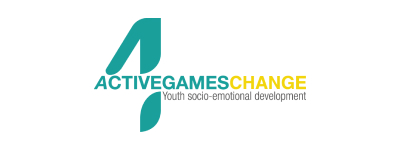
Active Games 4Change
Sport and physical activity learning environment for citizenship, emotional, social and e-competences training

Strengthening the capacity of criminal justice professionals and volunteers
Timeframe
10/2018 – 09/2020 (24 months)
Get in touch

The RE[ENTER] project focuses on the exchange of good practices concerning psychoeducational tools that have the potential to contribute to the capacity building of correctional staff (prison and probation officers, ONG professionals, volunteers) who work with offenders (both prisoners and ex-prisoners).
Hence, this project aims to fill the gap that emerges from the lack of effective services provided to (ex-)inmates by sharing knowledge and experiences to map effective programmes and by training trainers in order for them to be able to implement those programmes.
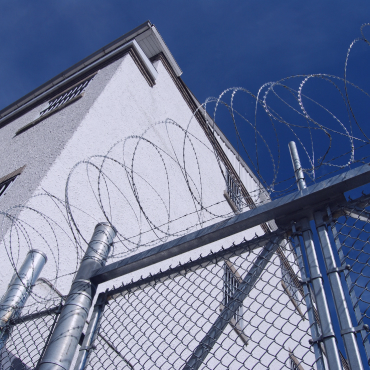
Capacitate professionals working in prison and probation settings (prison and probation staff, ONGs, and volunteers) so that they achieve the necessary knowledge and tools to boost their efficacy regarding the reintegration of the offenders they work with.
Explore innovative tools in the fields of psychoeducation, employment counselling, ethics, case management and supervision.
Maximize the benefits of the training process for the prisoners.
Exchange good practices among partners, and provide more efficient, credible and valid services to prisoners and ex-prisoners.
Develop and publish open access materials that would allow the professionals’ working skills and performance towards offender reintegration.
Contribute to social change.
A capacity-building programme that will be delivered to 450 professionals working in prison and probation settings (prison and probation staff, ONGs, and volunteers).
The exchange of good practices among partners, namely experience-sharing in the scope of the training activities, regarding the implementation of programmes which include:
A set of innovative psychoeducational, employment counseling, ethics, case management, and supervision tools.
Structured training curricula as well as learning tools for more efficient, credible and valid services to prisoners and ex-prisoners.
An open-access material intended at enhancing the professionals’ working skills and performance towards offender reintegration will be published after the completion of the project.

Sport and physical activity learning environment for citizenship, emotional, social and e-competences training

Assessing the Risk of Isolation of Sentenced and Accused: Enhancing the Capacity of Correctional Services to Work with Convicted Children

Cross-sectoral awareness building on mental health needs in the criminal justice system and on release

Blended Learning Environment for European Prisoners

Bringing Safety on the Roads
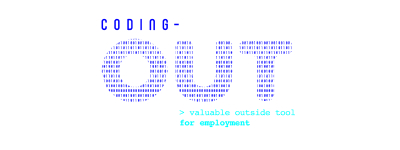
Coding in prison as a valuable OUTside tool for employment

Taking Further Prisoners’ Education Projects in Using Dialogue as Preparing for Release

European Interaction Guidelines for Education Professionals when working with Children in Juvenile Justice Contexts

European Induction Support for Adult Learning Professionals to the Correctional Criminal Justice System

Fair predictions of gender-sensitive recidivism

European Framework of Competences for Community Professionals in Gang Environments

Identifying future capabilities for Community Policing

Key Competencies for Minor Offender Reintegration

Development and testing of a process chain for the placement of former detainees as specialists in the labour market

Peer Pro-Social Modeling in Probation

Preventing Emotional and Sexual Abuse Among Young People

A flexible, multidisciplinary and transnational VET model for the PROBATION services and practitioners
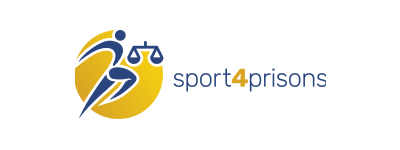
New sports method for prisons as a tool to support competency development, positive values, and reintegration

Systematic Transition from Prison into the Labour Market

Training of Refugee Offenders by Virtual Reality

Secured digital education system for vocational skills for youngsters in closed institutions

Integrating Young Offenders Through the Blue Economy

Virtual reality for training inmates
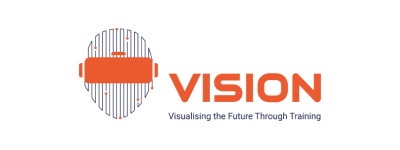
Visualising the Future Through Training

Developing and Using Virtual Reality Technology for the Rehabilitation of Drug Users in Probation Services

Reducing Reactive Aggression through Virtual Reality